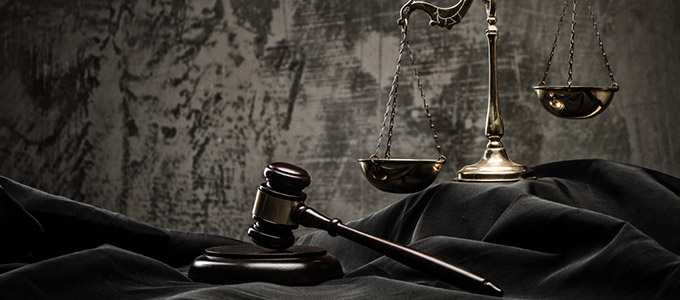
Supreme Court Decisions on Award of Attorney Fees in Patent Cases
Two decisions of the U.S. Supreme Court on April 29, 2014 may have an impact on the “patent trolls” debate by changing the rules relating to the award of attorney fees to a winning party in litigation relating to patent disputes. 35 USC 285 provides for this in “exceptional cases”. In Octane Fitness LLC v. Icon Health and Fitness Inc, the Court decided that what was to be regarded as “exceptional” was to be decided on a totality of the circumstances. In Highmark Inc v. Allcare Health Management Systems, the Court held that when reviewing an award of attorney fees by the trial court, an appellate court should limit its review to a determination of whether the trial court had abused its discretion in making such an award.
Fee shifting (that is requiring a losing party to pay the attorney fees of the winner) is seen by many as one way to deal with the perceived problem of patent troll litigation. Under the “American Rule” unless varied by contract, statute or in some limited circumstances on a recognized ground of equity, each party pays its own attorneys. If a losing party had to pay the attorney fees of the other side, it is argued, this would discourage “troll litigation”.
Since 1946, a district court has had the power to award reasonable attorney fees in patent disputes, originally “in its discretion” and since 1952, 35 USC 285 has provided that:
“The court in exceptional cases may award reasonable attorney fees to the prevailing party.”
The Federal Circuit Court of Appeals in Brooks Furniture v. Dutailier 393 F.3d. 1378 created a two step analysis for determining what was exceptional in cases that did not involve litigation misconduct: first to determine by clear and convincing evidence that a case is exceptional, and then to determine whether an award is appropriate and if so, the amount. Furthermore sanctions may be imposed against the patentee only if two separate criteria are satisfied: (1) the litigation is brought in subjective bad faith, and (2) the litigation is objectively baseless.
Now, the Supreme Court in Octane Fitness LLC v. Icon Health and Fitness Inc, held, as it has done frequently in recent years, that the test used by the Federal Circuit was too rigid.1 The word “exceptional” should be given its normal meaning. The Court held that:
an “exceptional” case is simply one that stands out from others with respect to the substantive party’s litigating position (considering both the governing law and the facts of the case) or the unreasonable manner in which the case was litigated. District courts may determine whether a case is “exceptional” in the case-by-case exercise of their discretion, considering the totality of the circumstances.
In Highmark Inc v. Allcare Health Management Systems, the question posed is:
Whether a district court’s exceptional case finding under 35 USC 285, based on its judgment that a suit is objectively baseless is entitled to deference.
In Highmark, the Federal Circuit had affirmed a lower award of attorney fees than determined by the district court, finding that for some of the patent claims in suit Allcare’s claims were objectively baseless. For other claims, the Federal Circuit determined that the argument was wrong but not such that “no reasonable litigant could reasonably expect [its positions] to succeed” and so the award of attorney fees should be reduced accordingly.
In the Supreme Court, since the test that had been used by the Federal Circuit to determine what was “exceptional” had been overruled in Octane v Icon, it followed that the Federal Circuit’s modification of the district court’s award of attorney fees had to be reversed. The proper test was whether the district court had abused its discretion in making the original award.
In this context, it should be noted that S 1612 (introduced by Sen. Hatch) and HR 3309 (introduced by Rep. Goodlatte) both propose making fee-shifting the general rule in patent cases unless the court finds that the position adopted by the losing party was justified. Maybe these proposed amendments are now unnecessary in view of the Supreme Court’s decisions in these two cases.